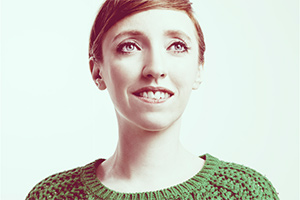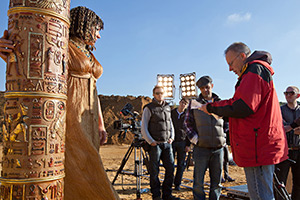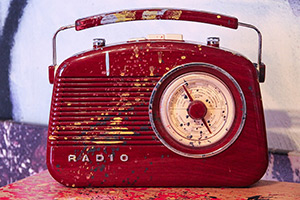Gemma Arrowsmith: My top tips on writing for the radio
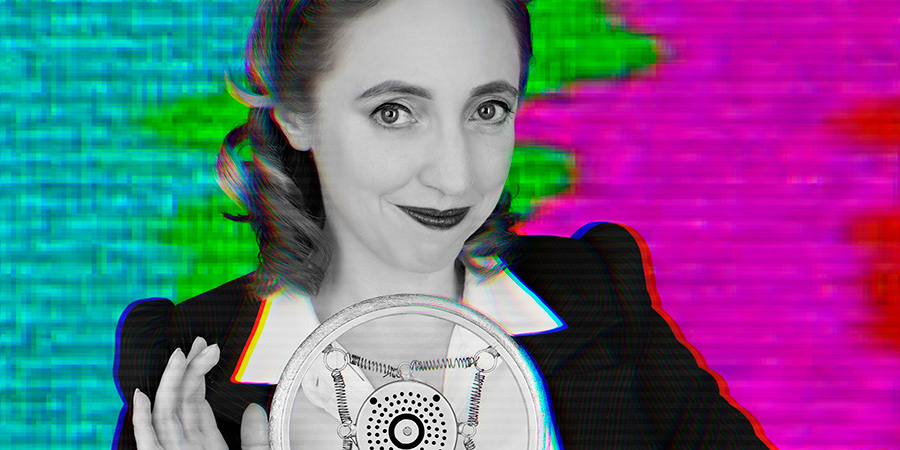
Let's begin with the customary plug: my radio show Gemma Arrowsmith's Sketched Out started this week on BBC Radio 4. Our first episode guest was the amazing Paterson Joseph and you'll have to tune in to find out who the (frankly incredible) future guests are. Listen for the next three weeks on Thursdays at 18:30 or download and listen on BBC Sounds.
Having got that out of my system I can now talk to you about writing for radio.
I've been writing and script editing radio for quite a while now and it's a medium I really enjoy working in. Here are some thoughts and observations I've had about writing audio. I hope they might be useful to you as you write your next audio masterpiece.
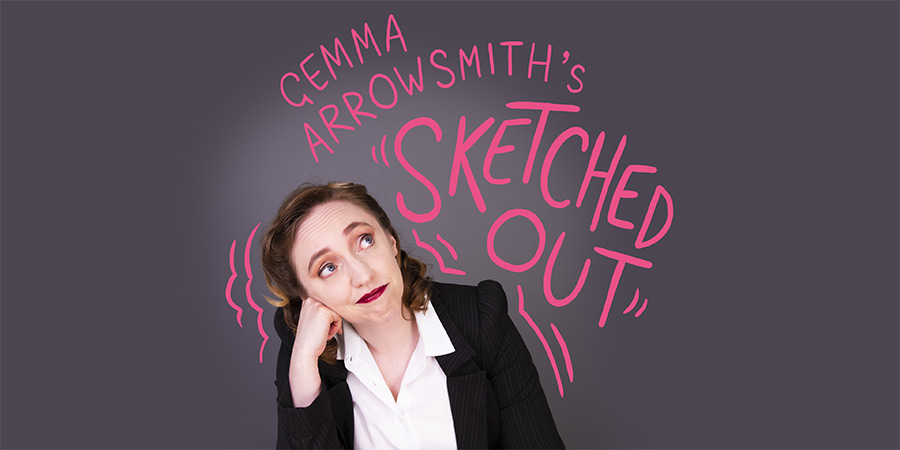
Format
Firstly, learn to format your audio script properly. Radio scripts come from a completely different tradition to TV and film scripts and have a different set of requirements. Consequently, they are formatted very differently.
On radio, the 1 page = 1 minute rule doesn't hold true at all and most half hour radio scripts will be around 45 pages. I've often heard radio scripts being given a word count rather than a page count and, broadly, this is about 5000 words for a half hour script. (10,000 words for an hour etc.)
Take a look at these PDF scripts from the BBC Script Library:
Rudy's Rare Records
You will see that
- Lines are numbered so when recording, everyone can be directed to the right line. "We're going from cue 5 on page 19."
- GRAMS refers to a music cue.
- ATMOS is a sound-bed which runs under a scene to indicate where it takes place.
- FX is usually a one-off sound effect such as FX: DOORBELL
- Sound cues like this are in ALL CAPS, UNDERLINED AND IN BOLD.
Really the best way to learn formatting, without a doubt, is to read lots of scripts. Head over to the BBC Script Library where you can search the scripts by genre (comedy, drama) and medium (TV, radio), as well as by date.
You can also download script templates from the BBC's Medium and Format page
Use the medium you're writing for
I've spoken before about using your opening three lines in a sketch to set up:
WHO the characters are (and their relationship to one another)
WHERE this is taking place, and
WHAT is happening.
If you're writing for radio, some of this set-up can be done with FX, ATMOS and GRAMS cues. For example.
ATMOS: SEASIDE. SEAGULLS, WAVES ETC.
GRAMS: ICE CREAM VAN MUSIC
CUSTOMER: Hello, can I get two 99s, please?
We're one line of dialogue into the scene here but it's clear that we're at an ice cream van by the seaside and a transaction is taking place. Using the ATMOS and GRAMS cues has allowed us to do the set up much quicker and more economically. Which means the fun of the scene can start sooner.
Don't see the lack of visuals as a restriction. See it as an opportunity. If you have a scene involving two dragons breathing fire onto a UFO, that's going to be pricey to fully realise onscreen. You could animate it, or have elaborate costumes, prosthetics, sets and visual effects. But whatever you choose, it will likely be costly. On radio, you just have to be clever with your dialogue and sound cues and conjure up these visuals in the listeners' minds. It will be no more costly than a scene set in an office. Radio is a great medium for your most ambitious scripts.
I've heard radio described as the "theatre of the mind". The comedy actress Joyce Grenfell said she preferred the radio because "the pictures are so much better on the radio". This is a wonderful way of thinking about it. Oddly, you will find that radio is a very visual medium. (As counter-intuitive as that might sound.) It's just the visuals are conjured in the listeners' heads by your words.
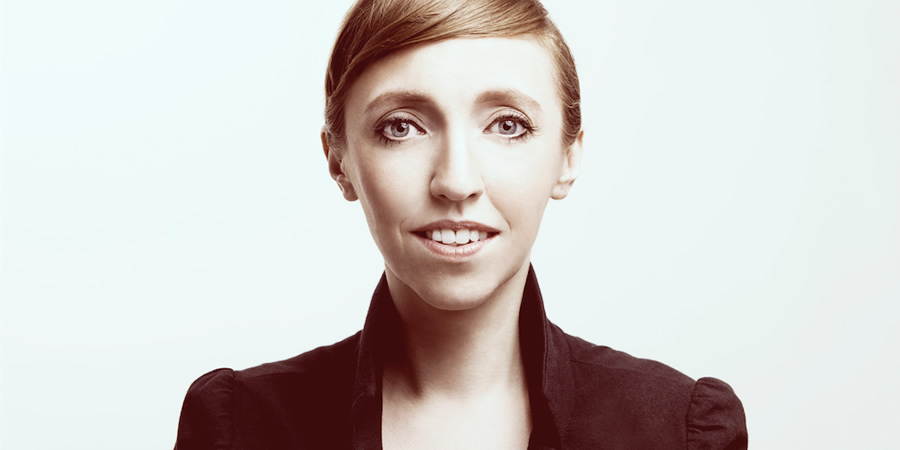
Extra jokes
Make use of the fact the audience can't see your characters. Again, don't see it as a restriction; use it. Is there an extra joke to be had by revealing at the end of a sketch that this whole thing has been taking place somewhere unexpected? A pull back and reveal - but done in audio?
There's a brilliant scene in the Flight Of The Conchords Radio 4 show in which Jermaine is holding auditions for a new band member. At the end of the scene there is a knock on the door and someone asks to use the toilet - it's revealed that the whole audition has been taking place in a ladies toilet. This is a tricky joke to do in any other medium than radio.
So there are a few little morsels for thought which I hope will help you write your next audio sketch or sitcom script.
If you'd like to learn more about sketch writing, I run courses! You can read more about them and sign up here: hooplaimpro.com
This article is provided for free as part of BCG Pro.
Subscribe now for exclusive features, insight, learning materials, opportunities and other tools for the British comedy industry.

